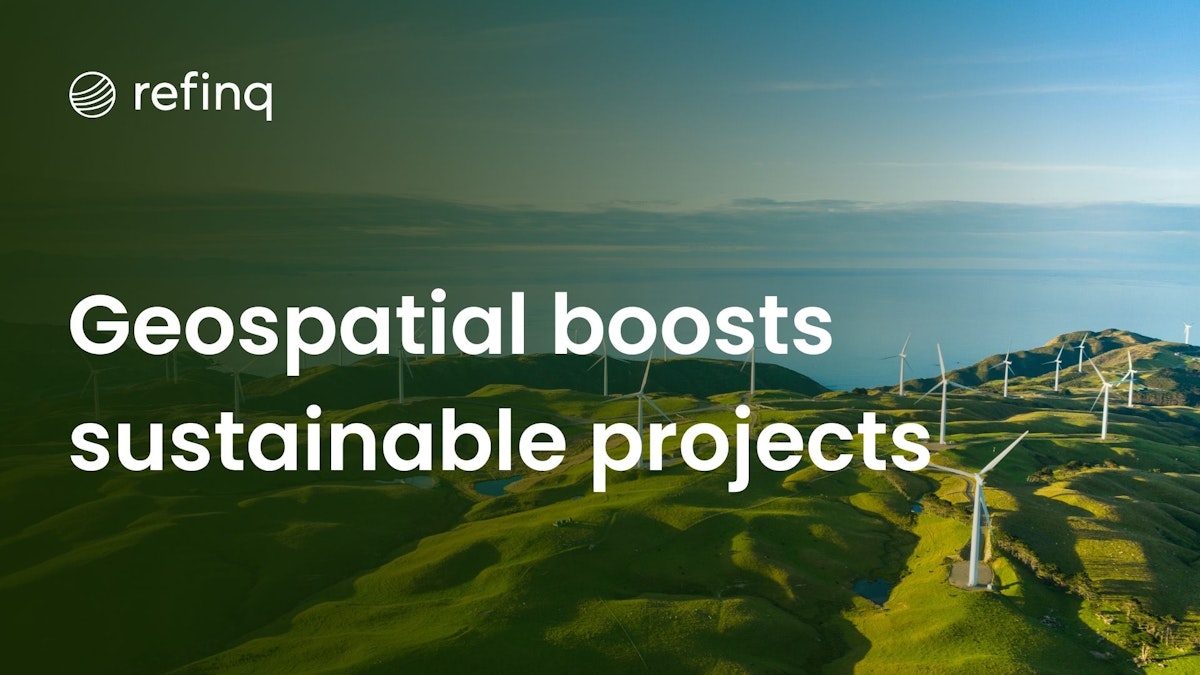How geospatial analysis drives sustainable infrastructure

inq helps businesses monitor their infrastructure projects by providing ongoing risk assessments and performance metrics. This allows companies to make data-driven decisions on maintenance, repairs, and upgrades, ensuring that their infrastructure remains sustainable and resilient.
Smart Cities and Geospatial Analysis
The rise of smart cities is another area where geospatial analysis is transforming infrastructure development. Smart cities use technology and data to improve the efficiency and sustainability of urban systems, from energy management to transportation and waste management. Geospatial analysis is integral to these smart systems, providing real-time data on environmental factors that influence city operations.
For instance, smart cities can use geospatial analysis to optimize energy use, reduce waste, and improve transportation systems by mapping traffic patterns and air quality. refinq supports the development of smart cities by offering detailed environmental data that helps optimize urban systems for sustainability.
Conclusion
Geospatial analysis is a critical tool for driving sustainable infrastructure development. By providing valuable insights into environmental risks, climate change, and biodiversity, geospatial tools enable businesses and governments to plan, design, and maintain infrastructure projects that prioritize long-term sustainability. refinq plays a pivotal role in this process by offering advanced data integration, risk assessments, and forecasting tools that help businesses navigate environmental challenges and ensure that their infrastructure projects are both resilient and eco-friendly.
As the world faces increasing environmental pressures, leveraging geospatial analysis will be essential for building infrastructure that meets the needs of today while safeguarding the planet for future generations.